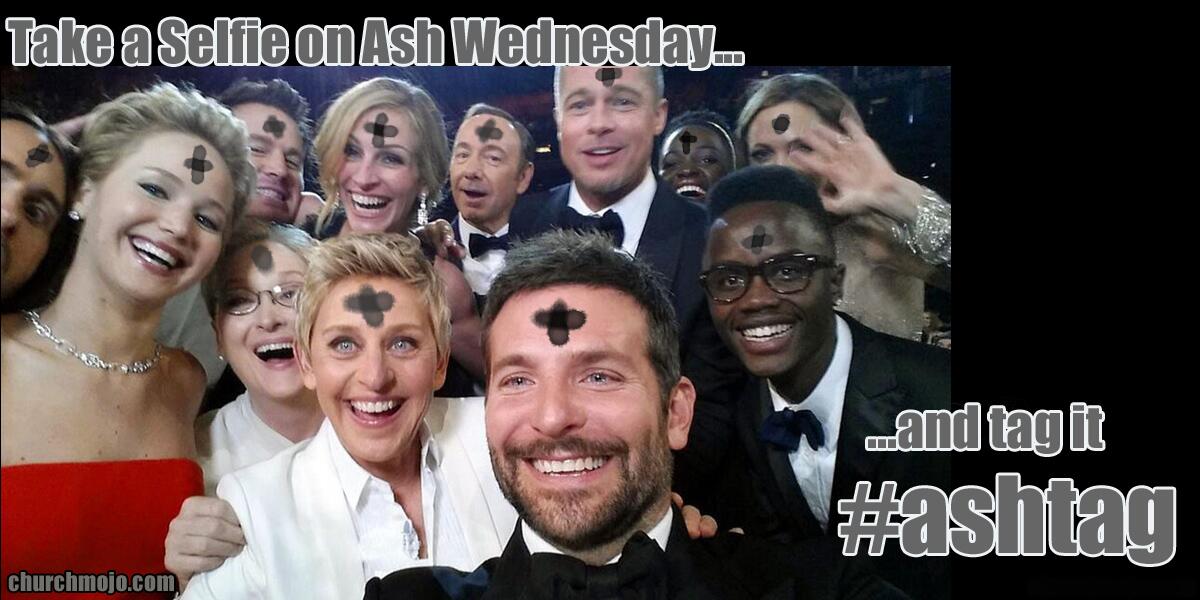I grew up in Lancaster County, Pennsylvania, where the Tuesday that falls 47 days before the first Sunday after the first full moon after the Vernal Equinox is celebrated as Fasnacht Day. I can remember school lunches featuring something akin to “fasnachts” (German donuts) that were covered in powdered sugar. Beyond the fact that having donuts at school was a rare treat, most of us gave little thought to why this was a day to eat such things. Certainly, none of us was aware that fasnacht is German for “fast night,” not as in a speedy night, but the night which begins our fast of Lent.
As I grew older, and began to become aware of certain traditions in life, the annual Shrove Tuesday pancake supper at Saint Thomas Episcopal Church. The Pankeys and the Logans would take up a whole table and gorge ourselves on pancakes, sausage and apple sauce. I looked forward to the annual feast every year, but hadn’t a clue that to be properly shriven one must confess and seek absolution for their sins.
Now that I live in Mardi Gras country, the annual celebration of the days leading up to 46 days before the first Sunday after the first full moon after the Vernal Equinox has grown to include parades, moon pies, beads, balls, and booze lasting weeks on end, and my guess is that the vast majority of Mardi Gras revelers have no idea what the Wednesday after Mardi Gras is about, other than hangover cures, of course.
If my life is any indication of broader society, it would seem that Ash Wednesday and the Season of Lent have little, if any cultural impact, but there are two things that I’ve noticed this year that lead me to believe otherwise. The first is the growing success of Ashes To Go programs sponsored by Episcopal congregations around the country. In big cities and small towns, faithful clergy and lay leaders are helping the harried and the hurried to stop for a moment and remember that they “are dust and to dust they shall return.” I’ve struggled with this idea of Ashes to Go for several years now, and this isn’t the place for that debate, but what I’ve come to realize is that there is a hungry world out there, filled with people who are starved of the message of God’s love for them. The picture of a long line waiting for ashes on 43rd St. in NYC is a reminder to me that the Gospel is never insignificant.
Perhaps more telling of the ongoing cultural significance of Ash Wednesday comes from our locally owned and operated radio station, 92ZEW. 92ZEW is based in Mobile, Alabama, a decidedly Roman Catholic city, and 92ZEW loves them some Mardi Gras. As I listened to part of a live broadcast from The Garage, I heard the typical sounds of the season: loud music, shouts for shots, and people celebrating. What I didn’t expect to hear came in the midst of a conversation about how cold it was yesterday when one of the radio personalities said, “Can we petition the Church Fathers to permanently move Easter to June?” I actually found myself excited to hear, on the air, that in the midst of all the excess of Fat Tuesday, somebody knew that it was tied to Easter Day, which is a moveable feast celebrated on the first Sunday after the first full moon after the Vernal Equinox. I was even more surprised this morning as I drove to Saint Paul’s for our 7am Liturgy for Ash Wednesday to hear Tim Camp of the TLC Morning Show dropping knowledge on the 40 days of Lent and how the six Sundays don’t count as days of fasting because Sunday is a day of resurrection. It was probably the best Ash Wednesday moment I’ve ever had, as I came to realize that in a world that is hell bent on turning every holiday into an excuse to get trashed and make poor decisions, maybe there is still a thirst for the living water that comes through faith in Jesus Christ.
Lent is upon us, dear friends, and as I will do three times standing before a congregation of the faithful today, “I invite you, in the name of Church, to the observance of a holy Lent, by self-examination and repentance; by prayer, fasting, and self-denial; and by reading and meditating on God’s holy Word.” And I pray, for you dear reader just as I do for my parish family, that God might “grant us true repentance and his Holy Spirit, that hose things may please him which we do on this day, and that the rest of our life hereafter may be pure and holy, so that at the last we may come to his eternal joy; through Jesus Christ our Lord.”


Reblogged this on religiousandspiritual and commented:
Thoughtful reflections on Ash Wednesday and the Season of Lent
We failed to tell you last night how much we enjoyed reading this together. PA references especially good for Bruce (and me as he told me similar stories of his childhood). Thank you. Lawanda and Bruce Sent from my iPhone
>